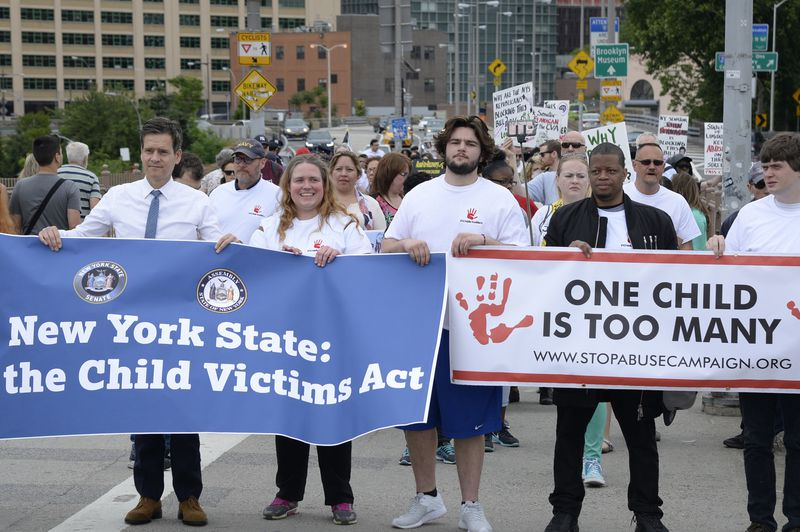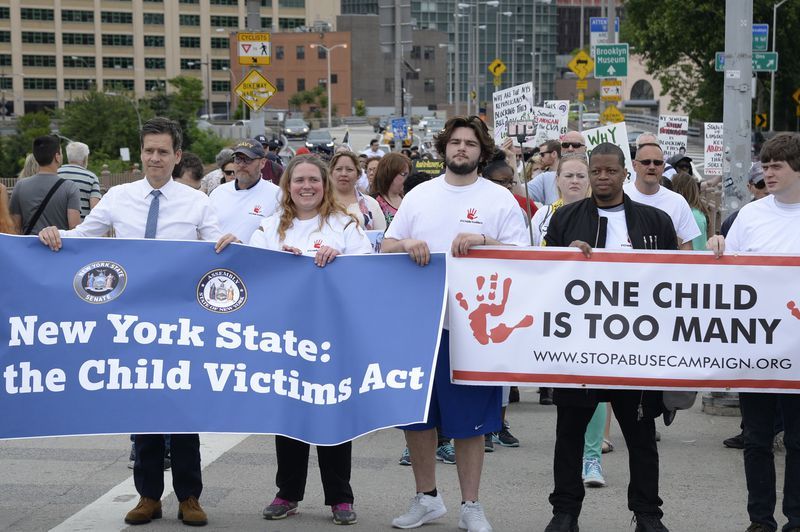Can you sue for sexual abuse? Yes, you can.
What if I tell you that pursuing a civil legal claim may allow for a measure of justice that helps survivors of sexual abuse in their healing process?
Many survivors of sexual abuse are unaware that they can sue for the damages resulting from sexual abuse. Either they have difficulty discussing the details of their experience or are too preoccupied with picking up the pieces of their lives after the trauma. Survivors of sexual abuse may also experience post-traumatic stress disorder, and feelings of guilt or shame: other obstacles to pursuing a legal claim.
Most people are aware that there is a criminal process that can be pursued against the perpetrator if you have been a victim of a crime; however, in the criminal process, the survivor of sexual assault is not a party to the case, they are essentially a witness. The parties in the criminal process are the state versus the defendant. This means, that the survivor has little to no control over the criminal process and its outcome. Also, the burden of proof is, “beyond a reasonable doubt,” which is difficult to prove when most sexual assault cases are based on testimony as evidence. With that said, not all criminal cases result in convictions. The criminal process may also be revictimizing as the survivor feels a lack of control and, at times, law enforcement and prosecutors may be insensitive to the survivor’s trauma.
In the civil process, the survivor is a party, and makes decisions regarding his or her case. This means, that the survivor is empowered through the process. The civil process allows for compensation to be awarded to the survivor. No amount of money can make a survivor of sexual abuse whole again, but it can be of assistance in getting therapeutic care, or any other needs that may arise after the abuse. Claims are usually brought against potential defendants with assets; this may include individual perpetrators or institutions that were negligent in allowing the abuse to occur, i.e. schools, daycares, cruise ships, churches, orphanages, foster care, etc. If there is no ability to collect, the process may be revictimizing and frustrating. Therefore, it is important to recognize that not all claims are worth pursuing for the survivor.
The purpose of a civil claim is for compensation, but it may also have collateral consequences. Such as, policy changes within the defendant’s institution; notice to the public of the defendant’s deficient practices that place individuals at risk of sexual abuse; exposure of predators and predatory behaviors; motivation for other survivors of sexual abuse to come forward; and changes in standards of care allowing for a safer environment.
It is essential to choose the right legal representation when pursuing your civil claim. A trauma-informed law firm that recognizes the serious effects of trauma and integrates knowledge about trauma and adversity into the legal practice, is best. Choosing the wrong firm can result in revictimization if the case is not handled correctly by the attorney.
One of the common effects of sexual abuse is that survivors feel as if their power was taken away. Become empowered through the civil process—let your voice be heard! Contact McSweeney Law Firm to learn of your legal rights.
Blog








